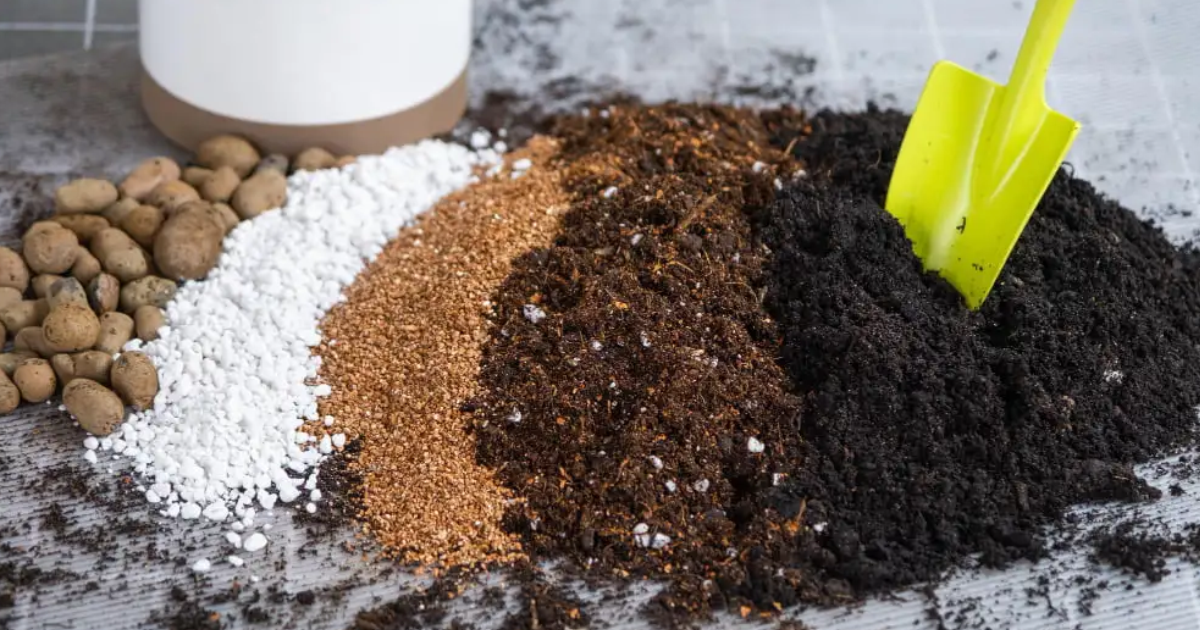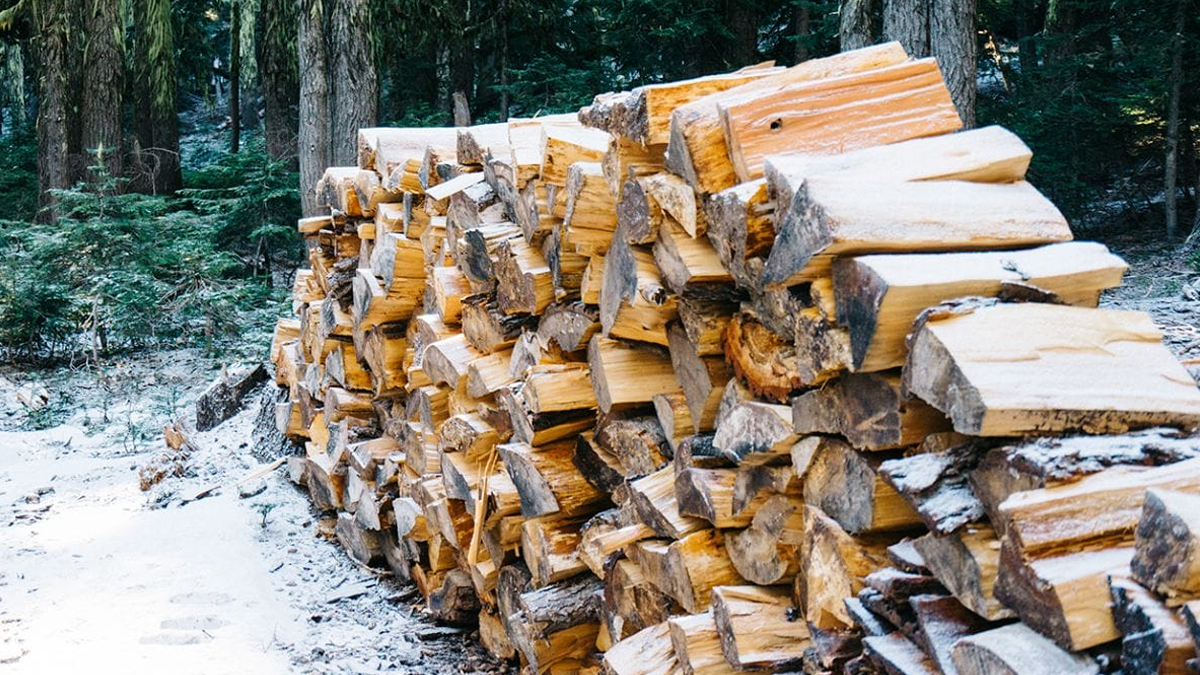
For centuries, gardening has connected man with nature for reasons of food, beauty, and even a reason to be. Many factors go into the makings of a successful garden: good soil, the right plants, sunlight, water, and of course, nutrients. Basically, the main nutrients that plants need to grow well include nitrogen, phosphorus, and potassium, commonly referred to as NPK. Organic and effective ways of providing the nutrient in soil include using manure in the cultivation of gardens.
Manure refers to the decomposed organic matter extracted from the waste products of various animals. If properly managed and applied, manure improves the fertility, structure, water retention capacity, and population of useful microorganisms of the soil. Not all manures are created equal, though, as each type has its relative advantage and disadvantage. Let us discuss some of the best manures for gardens through their features, advantages, and disadvantages.
1. Cow
Cow manure is one of the most common types of manure in gardening. It is assumed that cow manure possesses all kinds of balanced nutrient profiles; moderately weighed levels of nitrogen, phosphorus, and potassium.
Benefits:
- Nutrient-rich: Cow manure contains a good and well-balanced amount of NPK. Cow manure works very effectively in those plants that require middle-level nutrient supply throughout their growth season.
- Improved Soil Structure: It adds organic matter into the soil, hence improving texture and aeration significantly, along with water retention. It is highly required for any kind of plant growth.
- Easily Obtainable: Cow manure is just about everywhere, especially in rural or agricultural areas. Many gardeners can often get it from local farms without cost.
Cons:
- Low in Nutrients Compared to Other Manures: While balanced, cow manure is relatively low in nutrients compared to poultry or rabbit manure.
- Requires Composting: Fresh cow manure can harbor some dangerous pathogens and weed seeds. It is also quite moist, which makes it an inconvenient material to work with. Composting cow manure for a few months helps destroy the pathogens and renders the manure safer for garden applications.
2. Horse Manure
Horse manure is another widely used fertilizer in gardens. Their nutrient content is close to cow manure, except that most of them are high in nitrogenous content.
Benefits:
- High in Organic Matter: Horse manure is very good for improvement in soil structure and maximizes organic matter in the soil. It decomposes the heavy soils by allowing more drainage.
- High Nitrogen Content: Horse manure contains a lot of nitrogen that would be loved by the leafy veggies you plant such as lettuce, spinach, or kale.
Disadvantages:
- Weed Seeds: The two major concerns regarding horse manure have to do with seeds. Since horses do not digest seeds thoroughly, these seeds can germinate in your garden rather easily if their compost is not well-elapsed.
- Must be Composted: Similar to cow manure, horse manure needs to be composted before application; this decreases the chances of nitrogen burn and plant infection by weeds and pathogens.
3. Chicken
Chicken manures are one of the most common types of dung found in the garden. They have a high quantity of almost all types of nutrients, but most importantly, nitrogen. This is strong fertilizer; it really can powerfully spike your plants.
Benefits:
- High in Nitrogen: Of all the manures, chicken manure contains one of the highest percentages of nitrogen, thus being very suitable for an application to plants that are heavy feeders of nitrogen, such as corn, tomatoes, and other leafy vegetables.
- Other Nutrient-Rich: Besides the presence of nitrogen, there is quite a lot of phosphorus and potassium in chicken manure, making it generally rather complete as a fertilizer.
- Fast Acting: Compared to other types of manure, chicken manure typically acts faster-especially if made into a tea or if well-composted.
Cons:
- Too Strong When Fresh: Chicken manure is too “hot” fresh to apply directly in the garden, as it would burn the plants due to its high nitrogen levels; thus, it needs to be composted or aged before application.
- Odor: Chicken manure possesses a pungent odor that is generally bothersome to most, particularly in urban or suburban areas. Composting reduces odor.
4. Sheep and Goat Manure
Sheep and goat manure is essentially identical with regards to nutritional content and more often than not falls somewhere between horse and chicken manure in terms of nutritional value.
Pros:
- High Nutrient Content: Both forms of manure would be good to enhance development in plants and to establish their roots since they possess a great amount of nitrogen and phosphorus.
- Pellet Form: Most of the sheep and goat manures are in pellet forms, which is easier to handle and spread than the wetter types of manure, such as cow or horse manure.
- Low Odor: These manures are not as odorous as some of the available alternatives, such as chicken manure, and hence are more pleasant and easy to work with.
Disadvantages:
- Requires Composting: Much like most manures, sheep and goat manure requires composting to be able to safely use without nitrogen burn or potential pathogen concerns.
- Less Accessible: Compared to cow or chicken manure, depending on your location, it may be more difficult to get sheep and goat manure.
5. Rabbit Manure
One of the more unusual but most effective fertilizers in the garden is rabbit manure. It is ultra-rich in nitrogen and can be applied directly to the garden without composting.
Pros:
- Cold Manure: Unlike most manures, rabbit manure can be applied directly to the garden because it is a “cold” manure-meaning it won’t burn your plants.
- Nutrient-Rich: Rabbit manure has high composition of nitrogen, phosphorus, and potassium, hence serving as an enriching power in vegetable gardens and flower beds.
- Great Soil Amendment: Owing to pellet-like small form, it allows rabbit manure to improve the structure of the soil and water retention without overpowering the soil.
Disadvantages:
- General shortage: Unless you are into raising rabbits or find a local availability of rabbit manure, this type of manure is not as broadly available.
- Risk of pathogens: There is a very minimal risk for the transmission of any pathogens, especially if fresh manure is used from rabbit to edible crops.
6. Pig Manure
This is another compost used in homes but on a minimum basis, but can be used if well composted. It contains a high level of nitrogen and other nutrients within.
Some of the advantages include
Nutritive Value: Pig excreta is highly rich in nitrogen. Therefore, the use of manure will be highly valuable for those plants, which need a higher amount of nitrogen, such as corn and leafy vegetables. Pig manure offers better structure to the soil. The addition of organic matter improves the physical structure of the soil, which in turn helps in retaining water.
Disadvantages:
- High Chances of Pathogens: There is a fair chance that the manure from pigs may contain some deadly pathogens, including parasites and bacteria, which eventually spread to the crops. It must be appropriately composted prior to application.
- Strong Odor: Manure from pigs is strongly odorous hence unpleasant especially if farms are near residential areas or neighbourhoods.
7. Green Manure
Even though of non-animal origin, green manure could not be left out in discussing manures. The green manure is from clover, rye, or alfalfa cover crops grown specifically with the intention of tilling in as a means of organic matter and fertilizer.
Advantages:
- Soil Enrichment: Green manure increases the fertility and structure of the soil without animal waste. This will highly be rich in nitrogen, especially if legumes like clover or alfalfa are used.
- Weed Suppression: The cover crops meant for green manure may suppress weeds by competing for space and nutrients.
Disadvantages
Time and Labour-intensive: The time taken to grow green manure means you will have to till it into the soil before planting your main crops.
Conclusion
The best manure will depend on your special soil needs, the crops you raise, and availability. Cow or horse manure will give good body to the soil and average nutrient needs, while chicken manure is strong and definitely for heavy-feeding crops. Those who want to balance between being strong enough and not too messy may go for rabbit or sheep manure. Whichever fertilizer you may want, make sure it is composted enough to emerge safe and healthy for the garden. And thus, a fertile, productive garden would appear, which, if all goes well, will last for many years with only an appropriate selection of the fertilizer.






